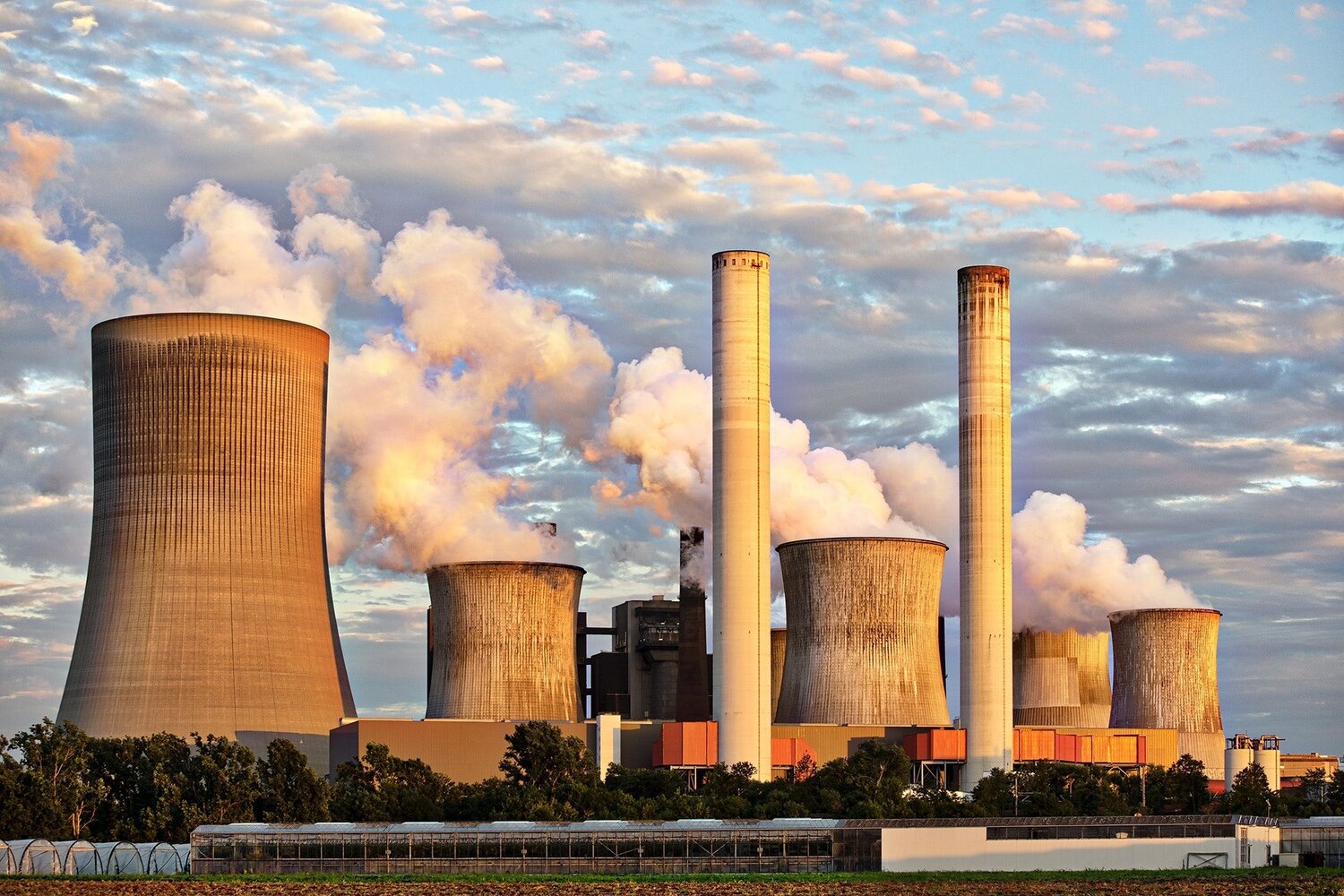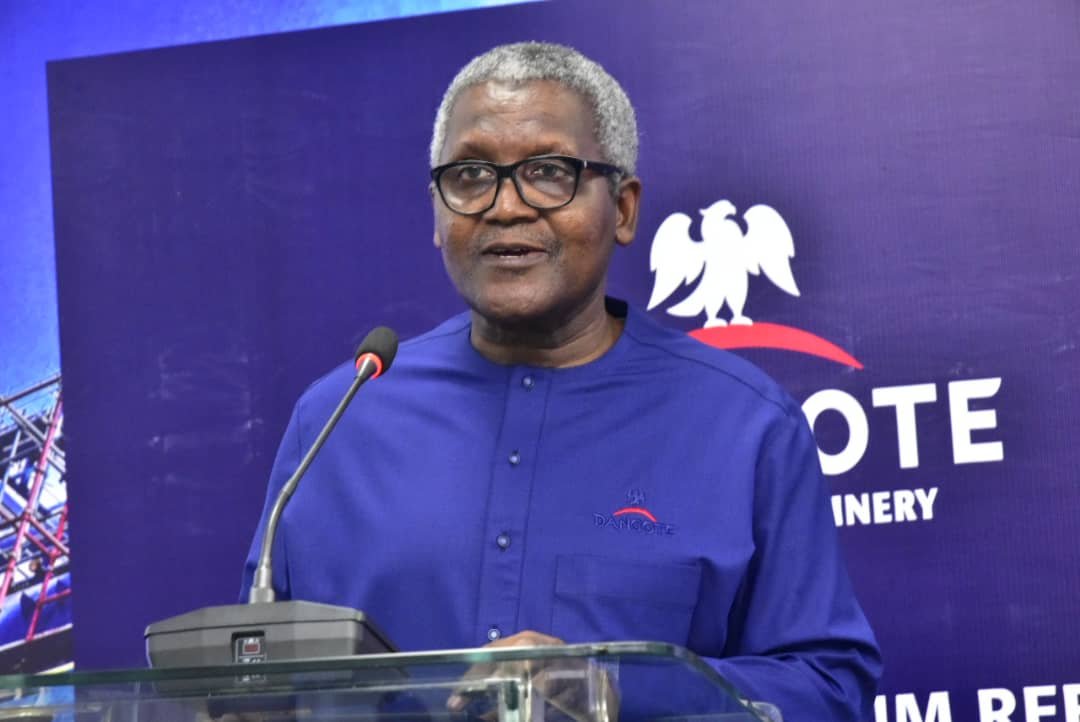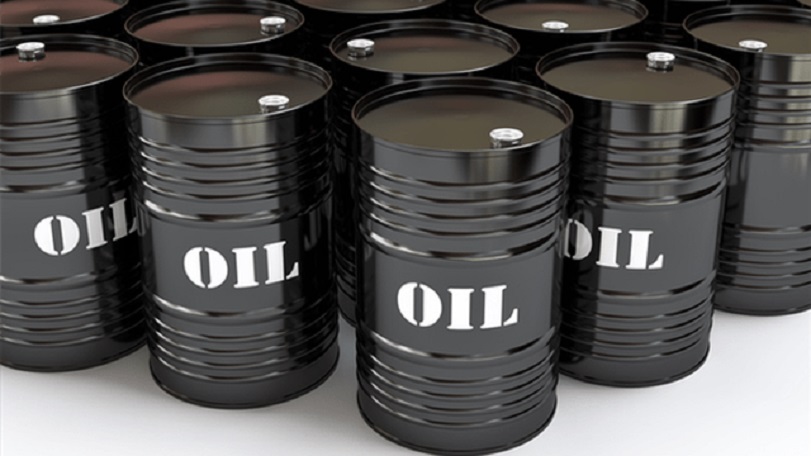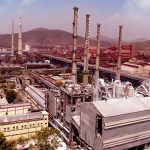Economy
Buhari to Apply Gas to Propel Economy, Drive Industrialisation

By Aduragbemi Omiyale
The enormous gas resources in the country would be fully utilised to uplift the economy and drive industrialisation, President Muhammadu Buhari has assured.
At the unveiling of The Decade of Gas in Nigeria initiative in Abuja on Monday, Mr Buhari said the country’s capacity to produce about 600 trillion cubic feet of gas and the rising demand for cleaner energy sources were capable to help the nation achieve its economic diversification goal.
“The rising global demand for cleaner energy sources has offered Nigeria an opportunity to exploit gas resources for the good of the country.
“We intend to seize this opportunity,” the President said at the virtual Nigeria International Petroleum Summit (NIPS) 2021 pre-summit conference.
He added that, “Our major objective for the gas sector is to transform Nigeria into an industrialized nation with gas playing a major role and we demonstrated this through enhanced accelerated gas revolution.”
Mr Buhari commended the collaboration among the Federal Ministry of Petroleum Resources, Nigerian National Petroleum Corporation and the Nigeria LNG (NLNG) Limited to actualise the dream of transforming Nigeria with its massive gas resources, describing the NLNG as the federal government’s arrowhead in the reduction of gas flaring in Nigeria.
According to the President, the NLNG, which contributes about one per cent to the gross domestic product (GDP), has generated $114 billion in revenues over the years, $9 billion in taxes, $18 billion in dividends to the federal government and $15 billion in feed gas purchase.
He noted that these achievements were accomplished with 100 per cent Nigerian management and 95 per cent Nigerian workforce.
Mr Buhari assured that with these successes, his administration would continue to give the sector a priority, noting that, “That is the paradox that this administration decided to confront when we declared the year 2020 as The Year of Gas in Nigeria.”
“It was a bold statement to demonstrate the resolve of this administration that gas development and utilization should be a national priority to stimulate economic growth, further improve Nigeria’s energy mix, drive investments, and provide the much-needed jobs for our citizens in the country.
“Before the declaration of the year 2020 as The Year of Gas, this administration had shown commitment to the development of Nigeria’s vast gas resources and strengthening of the gas value chain by reviewing and gazetting policies and regulations to enhance operations in the sector as encapsulated in the National Gas Policy of 2017.
“Our major objective for the gas sector is to transform Nigeria into an industrialized nation with gas playing a major role and we demonstrated this through enhanced accelerated gas revolution,” he added.
Enumerating what his administration has done to energise the sector, the President said the development of gas infrastructure has commenced along with the domestic utilisation of LPG and CNG, as well as the process of commercializing gas flares, development of industrial and transport gas markets and increasing gas to power.
“We also kick-started other policies and projects like the National Gas Expansion Programme, Autogas policy and the construction of the 614km Ajaokuta-Kaduna-Kano gas pipeline.
“After a thorough review of these laudable achievements and successes in the gas space, we acknowledge that Nigeria still has more work to do in the gas space.
“This has led the federal government to begin a more proactive push towards gas development. This initiative will ensure further optimal exploitation and utilisation of the country’s vast gas resources,” he said.
Economy
Dangote Eyes Expansion into Steel, Power, Ports for Large-Scale Manufacturing

By Modupe Gbadeyanka
African industrialist, Mr Aliko Dangote, is setting his eyes on steel production, electricity generation and port development to support large-scale manufacturing and trade.
He told The New York Times in a recent interview that his ambition is to accelerate industrialisation across Africa.
He currently has business interests in cement, sugar, salt, fertiliser, and petrochemicals, with his latest project being the $20 billion Dangote Petroleum Refinery and Petrochemicals in Lagos, which produces about 650,000 barrels of refined products daily.
The businessman said his long-term goal is to deepen the continent’s manufacturing base beyond oil refining and position it as a global industrial force.
“We have to industrialise Africa,” Mr Dangote said, noting that his next focus areas include the steel industry, expanding access to electricity and building additional port infrastructure to support large-scale manufacturing and trade.
Industry analysts say entry into steel would position the group in a sector critical to infrastructure, housing and heavy industry, while investments in power and ports could address two of Nigeria’s most persistent constraints to economic growth.
Mr Dangote cited India’s Tata Group as a model for diversified industrial expansion, describing the conglomerate’s multi-sector footprint as an example of how large-scale manufacturing can transform emerging economies.
Beyond expansion, Mr Dangote said job creation remains central to his strategy. With Nigeria projected to require between 40 and 50 million new jobs by 2030, he argued that large-scale industrial projects are essential to absorbing the country’s growing youth population.
The refinery alone currently employs about 30,000 workers, approximately 80 per cent of them Nigerians. Expansion across new sectors is expected to raise total employment within the group to about 65,000.
Mr Dangote also announced plans to list shares in the refinery on the Nigerian stock market, a move that would broaden local participation in the asset.
Despite progress, he acknowledged that infrastructure gaps and crude supply challenges remain obstacles. He has previously raised concerns about logistics bottlenecks and inefficiencies in the oil value chain that complicate feedstock supply to the refinery.
Nevertheless, he said the group would continue to invest aggressively in sectors that reduce import dependence and retain economic value within Africa.
“Nobody dared to do it, so we did it,” he said, reiterating his belief that large-scale private investment is key to transforming Nigeria’s industrial landscape.
With cement plants operating across multiple African countries and a refinery that has reshaped Nigeria’s downstream outlook, Mr Dangote’s next push into steel, electricity and port infrastructure signals a new phase in his ambition to industrialise the continent.
Economy
SEC Revokes Operating Licence of Kensington Agro Trading Ltd

By Aduragbemi Omiyale
The operating licence of a capital market operator, Kensington Agro Trading Limited, has been revoked by the Securities and Exchange Commission (SEC).
The capital market regulator, in a circular dated February 09, 2026, disclosed that the action “pursuant to the powers of the commission under Section 61(6) of the Investments and Securities Act, 2025, and Rule 34(1) of the SEC Rules and Regulations 2013, as amended.”
The disclosure noted that the revocation of the licence of the company was “with immediate effect.”
The reason for withdrawing the operating licence of Kensington Agro Trading Limited was not stated in the notice.
“The Securities and Exchange Commission hereby notifies the general public of the revocation of the registration of Kensington Agro Trading Limited as a capital market operator (Commodity Broker/Dealer and Collateral Manager) with immediate effect.
“The revocation of the company’s registration is invoked pursuant to the powers of the Commission under Section 61(6) of the Investments and Securities Act, 2025, and Rule 34(1) of the SEC Rules and Regulations 2013, as amended.
“Accordingly, Commodity Exchanges, the investing public, commodity traders, and all Capital Market Stakeholders are advised to discontinue capital market-related dealings with the company,” the circular signed by the management noted.
Economy
CBN Data Shows 25% Drop in Nigeria’s Oil Earnings to N877bn in December

By Adedapo Adesanya
The latest off-cycle data released by the Central Bank of Nigeria (CBN) has revealed that Nigeria’s revenue from the oil and gas industry dipped by 25.04 per cent to N877.176 billion in December 2025, compared with N1.17 trillion received from energy firms in November 2025
In its presentation to the Federation Account Allocation Committee (FAAC) on receipts and expenditures for December 2025, the CBN disclosed that the amount earned from the oil and gas industry in the month under review represented 95.65 per cent of the sector’s budgeted revenue of N917.064 billion for the month.
In comparison, revenue from the petroleum industry in November 2025 accounted for 96.38 per cent of the N1.474 trillion budgeted for the sector in November 2025.
Providing a breakdown of revenue from the industry in December 2025, the CBN stated that the country earned N772.727 million from crude oil sales, dropping by 97.92 per cent from N37.134 billion recorded in November 2025; while the it recorded revenue of N9.019 billion from gas sales, rising by 24.14 per cent from N7.265 billion recorded in November.
Furthermore, the financial sector apex regulator noted that revenue from crude oil royalties dipped by 12.52 per cent to N514.288 billion in the month under review, from N587.865 billion recorded in the previous month; while receipts from miscellaneous oil revenue grew by 97.5 per cent to N2.678 billion in December 2025, from N1.356 billion in the previous month.
It also stated that royalties from gas appreciated by 124.91 per cent to N21.153 billion in December, from N9.405 billion in November 2025; revenue from gas flared penalties stood at N48.858 billion, down by 5.76 per cent from N51.842 billion in November, while revenue from Companies’ Income Tax (CIT) from upstream oil industry operations stood at N73.066 billion, as against N106.106 billion in the previous month.
The CBN further revealed that revenue from Petroleum Profit Tax (PPT) stood at N79.247 billion; rentals – N1.5 billion; while taxes stood at N126.594 billion, compared with N301.471 billion. N775.162 million, and N67.242 billion, respectively, in November 2025.
In addition, the CBN reported that from the country’s oil and gas revenue in December 2025, N18.163 billion was deducted for 13 per cent refund on subsidy, priority projects and Police Trust Fund from 1999 to 2021; while N8.761 billion was deducted by the Nigerian National Petroleum Corporation Limited (NNPCL), in respect of its 13 per cent management fee and frontier exploration fund.
It added that N23.724 billion was deducted and collected by the Nigerian Upstream Petroleum Regulatory Commission (NUPRC) in December 2025, being four per cent of the cost of collection; while N46.903 billion was transferred to the Midstream and Downstream Gas Infrastructure Fund from gas flared penalties in the same month.
-

 Feature/OPED6 years ago
Feature/OPED6 years agoDavos was Different this year
-
Travel/Tourism10 years ago
Lagos Seals Western Lodge Hotel In Ikorodu
-

 Showbiz3 years ago
Showbiz3 years agoEstranged Lover Releases Videos of Empress Njamah Bathing
-

 Banking8 years ago
Banking8 years agoSort Codes of GTBank Branches in Nigeria
-

 Economy3 years ago
Economy3 years agoSubsidy Removal: CNG at N130 Per Litre Cheaper Than Petrol—IPMAN
-

 Banking3 years ago
Banking3 years agoSort Codes of UBA Branches in Nigeria
-

 Banking3 years ago
Banking3 years agoFirst Bank Announces Planned Downtime
-

 Sports3 years ago
Sports3 years agoHighest Paid Nigerian Footballer – How Much Do Nigerian Footballers Earn














